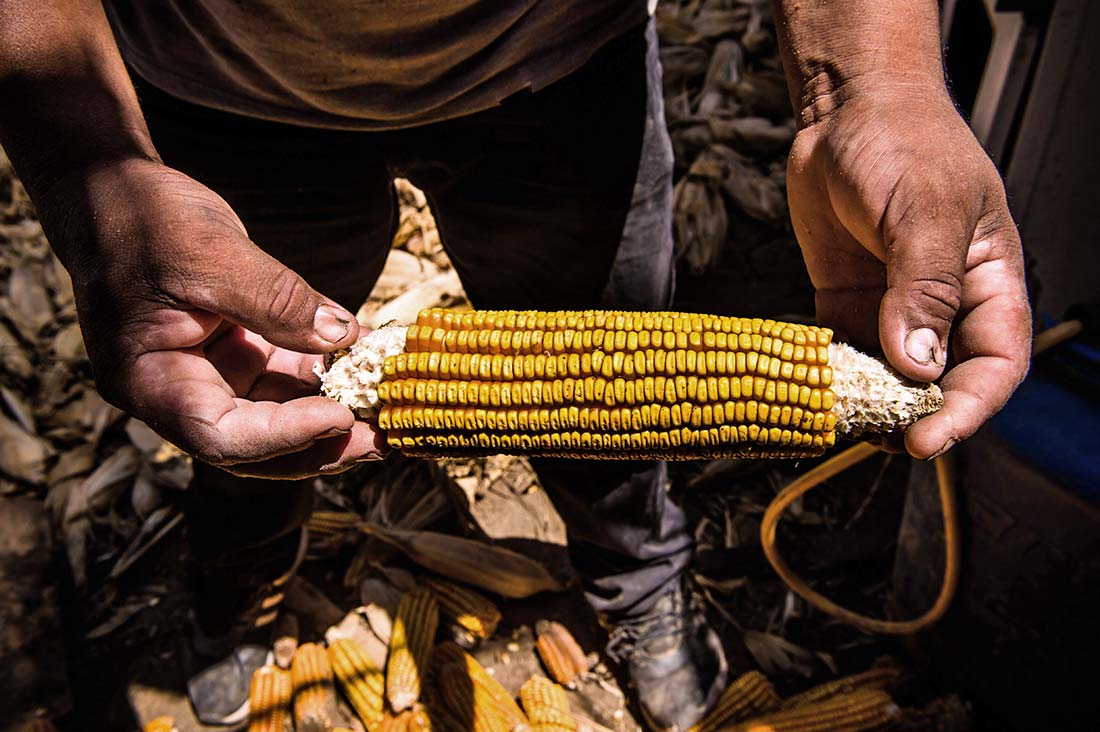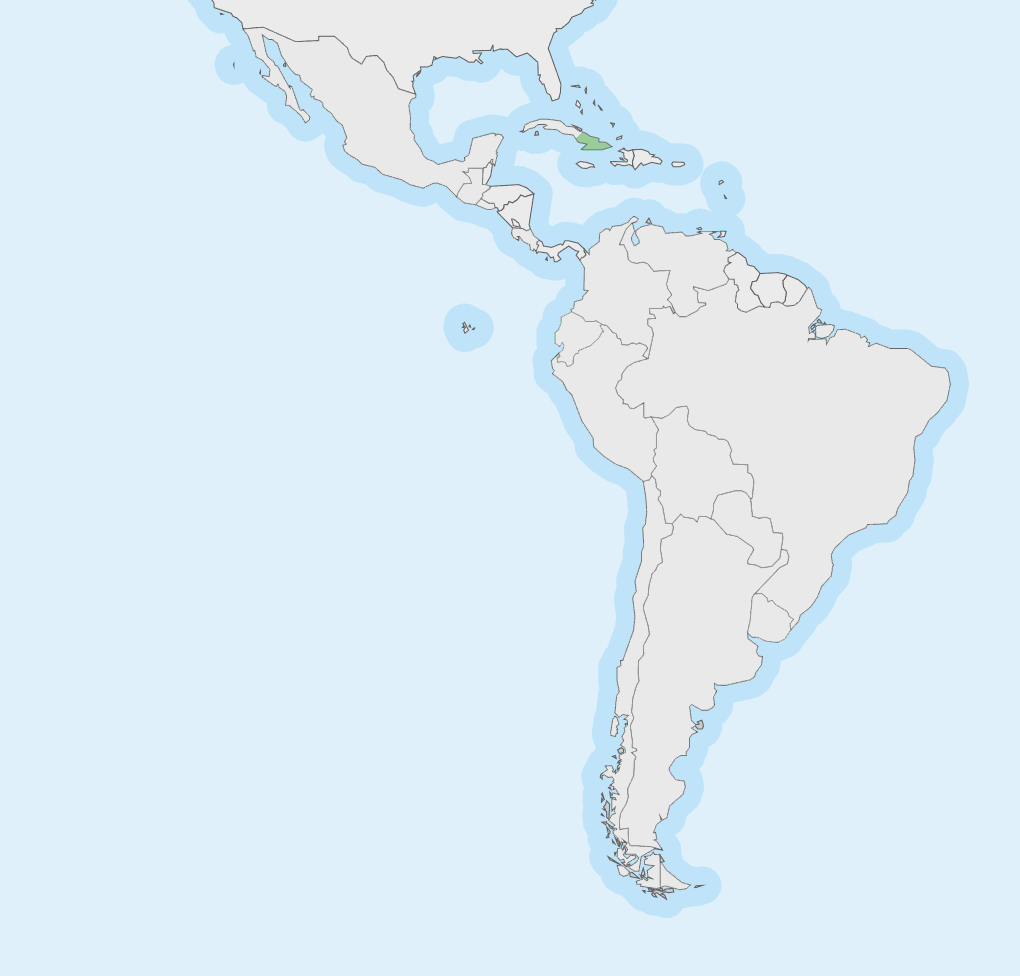For centuries, the inhabitants of the Andes Mountains, peasants and indigenous people, have been the guardians of ancient native seeds that are part of their culture and provide them with foods such as corn, plantain and potato that guarantee not only family sustenance but also a source of income.
But their ancestors never imagined that the day would come when the fruits of their soils would not be enough to supply the needs of the population, let alone, that a seed improved through biotechnology would arrive and compete with the native seed for yield, production and disease resistance.
What might be even less imaginable is that the decision of whether or not to use this new seed modified with modern techniques -- also known as transgenic seed, genetically modified organism (GMO), or living modified organism (LMO) -- would not be in the hands of those who work from sunrise to sunset in the fields, but in the hands of legislators who from their fine desks approve laws that impact the future of their countries.

Colombia, Ecuador and Peru, countries that make up part of the Andes, share an agricultural biodiversity and the dilemma over the use of native or transgenic seeds. The dilemma arises because, despite having undergone many scientific studies, there are still doubts about safety and impact on both health and the environment.
In these neighboring countries the use of GMOs has been an issue for more than 20 years, but the lack of consensus between the government, the scientific community and farmers has led each nation to enact legislation that limits or approves use of the seed, depending on the level of production. Still, there are internal activities in each of the Andean countries that go against current legal provisions.
"Each country has a very different reality and it is difficult to categorize whether this is the appropriate model or not," explains Marcos Rodríguez, coordinator of Rural Development, Family Farming and Inclusive Markets of the Food and Agriculture Organization of the United Nations (FAO) in Colombia. He says that regardless of whether the system encourages or accepts the propagation of transgenic, agroecological, creole or native products, the fundamental issue is the sustainability.

That approach may be understandable if we consider that, depending on the level of agricultural production in the country, each system uses the seed that suits it best -- for example, transgenics for high levels of production, as in the United States, Brazil and Argentina, and combined seed use for other Latin American countries. Despite this argument, the recommendation is not clear for the governments in the region that legislate between the use and prohibition of GMOs, without guaranteeing production mechanisms that ensure the wellbeing of rural farmers and respond to the demand for food.
In Colombia, for example, after the legal path was cleared for production and commercialization of GMOs, they could now be prohibited if a bill under consideration is approved. Meanwhile, in Peru, the government enacted a new 15-year moratorium on GMO cultivation. In Ecuador, the constitution expressly prohibits the cultivation of genetically modified organisms.
For a long time, the use of transgenics has been seen as an alternative to guarantee food security and solve the problem of malnutrition, but "transgenics are only one dimension,” explains Rodríguez, the FAO representative. He adds that although there is a growing demand because the population has been increasing and the projected worldwide population will be 10 billion by 2050, the real problem is not food production but access and availability, something that has not yet been resolved.
While these decisions are being made, indigenous people and farmers who have been on the sidelines are seeking social justice. They are mobilizing to protect their rights: some in favor of native seeds and others in favor of transgenic seeds. Will science be able to provide them with the elements to make better decisions?
Among the most common transgenic crops planted in the world are:
Source: https://www.agrobio.org/que-son-los-transgenicos